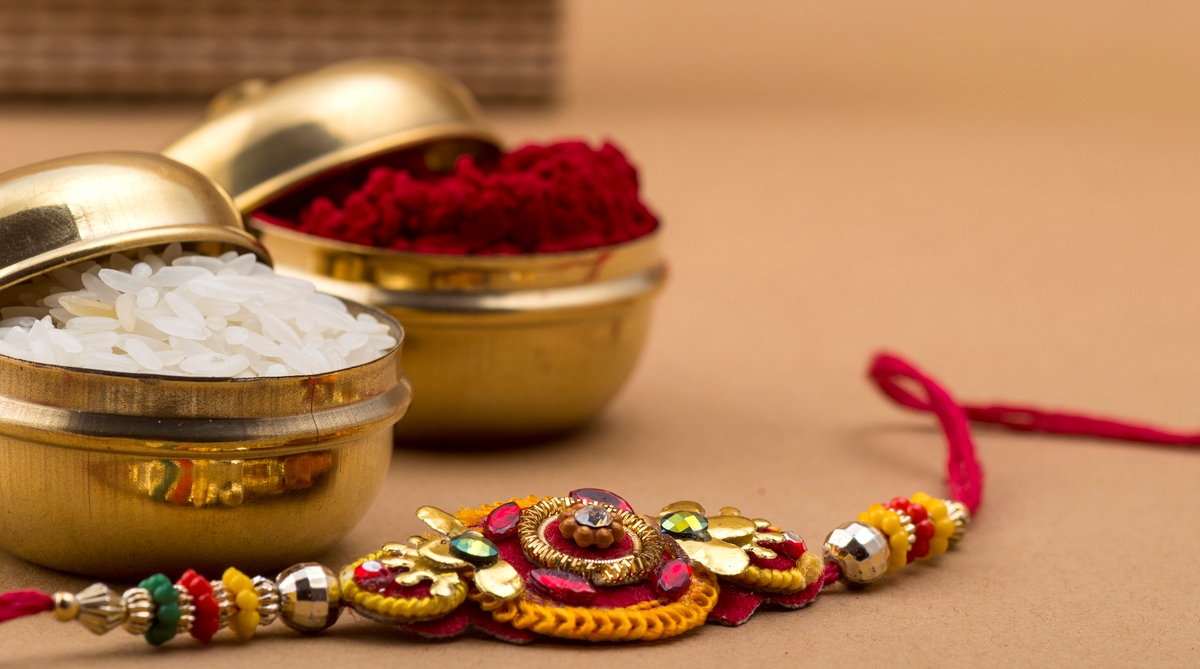Festivals are meant to bring the family together and Raksha Bandhan is one such festival. The traditional festival marks the inseparable bond between brothers and sisters.
The term ‘Raksha Bandhan’ has been derived from Sanskrit which means ‘the knot of protection’. Deemed as an auspicious day, brothers promise to protect their sisters from all harms and troubles, while the sisters pray to God to keep their brothers safe.
The festival of Raksha Bandhan occurs on a full moon day of the Shravan month of the Hindu calendar. Though the dates may vary the festival usually falls in August. This year, the festival will be celebrated on 26 August 2018.
Significance:
A day to celebrate the scared relation of a brother and sister, Raksha Bandhan holds immense importance in Hinduism and has been in practice for centuries.
Dating back to the ancient times, where the rishis (saints) tied rakhis to the people who came to seek their blessings. The sages too tied the sacred thread to safeguard themselves from evil.
Historically, the queen of Chittor, Rani Karnavati is believed to have sent a rakhi to Mughal emperor Humayun requesting him to come to her kingdom’s aid when Bahadur Shah of Gujarat invaded her kingdom.
The tying of rakhi is also done by members of various communities in order to maintain a peaceful harmony in the society.
Even Rabindranath Tagore promoted the festival as a way to protect the society and all the people. He introduced Rakhi Utsav through which he brought Hindus and Muslims together in protest of the British government’s decision to partition Bengal in 1905.
In popular culture, the ritual of tying the rakhi often brings the family together.
Celebrations:
In accordance with the Indian tradition, the sisters prepare a special thali for the pooja decked with roli (red powder), rice grains, sweets and lamp. They tie the rakhi on their brothers’ wrist and in exchange receive gifts and a promise of protection for a lifetime.












